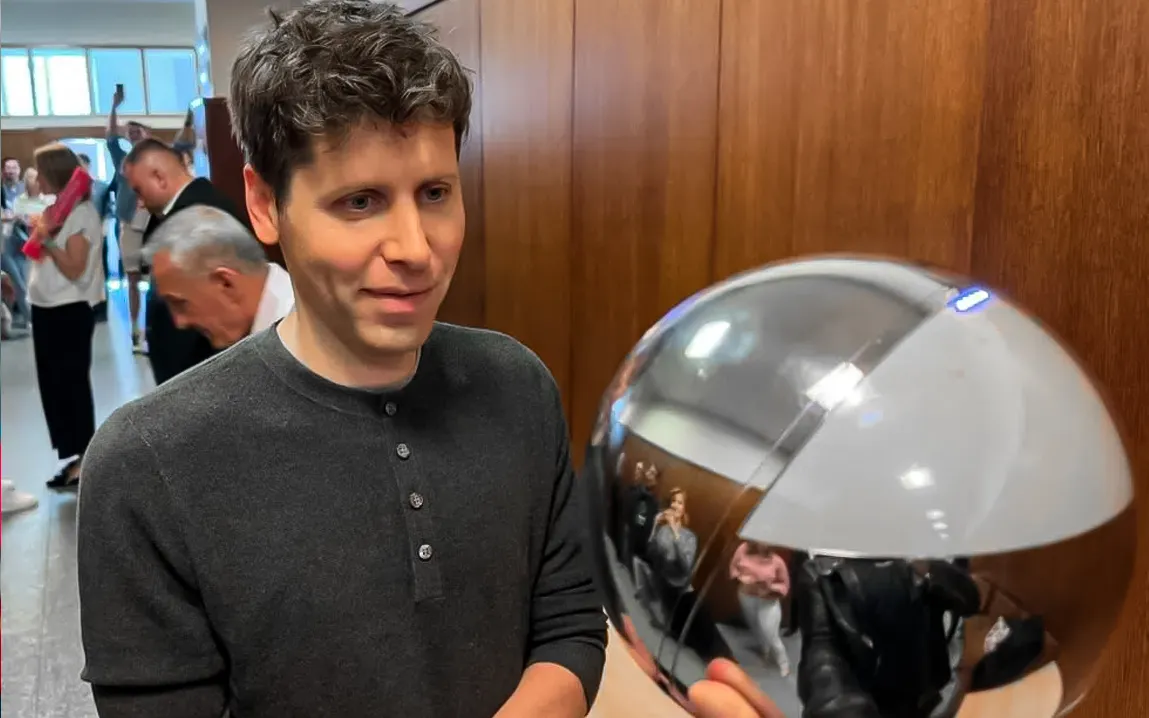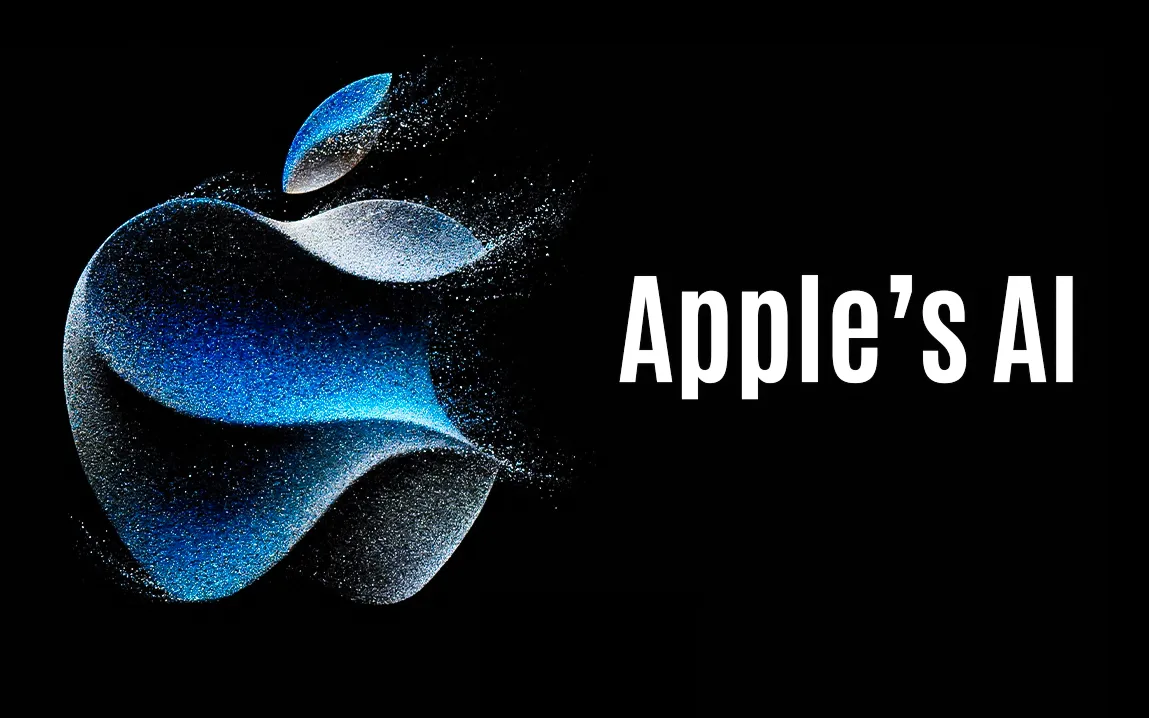In a world increasingly populated by AI, Sam Altman’s Orb aims to distinguish humans from machines through iris scans, sparking both intrigue and concern.
A New Frontier in Digital Identity
As artificial intelligence dissolves the lines between human and machine, the demand for trustworthy human verification on the web has become a top priority. Step in the Orb—a metal sphere created by Tools for Humanity, co-founded by OpenAI CEO Sam Altman. This machine scans people’s irises to verify their humanity, issuing a World ID that can act as a digital passport in the virtual world.
The project, previously titled Worldcoin and now renamed to World, aims to solve the increasing problem of separating genuine users from AI-manufactured online entities. In the wake of the widespread use of deepfakes and bots, conventional methods of verification such as CAPTCHAs are losing relevance. Altman emphasizes the importance of this technology, stating, “It did occur to us early on that it would be great to have ways for people to authenticate personhood.”
The Orb’s Evolution and Deployment
The new version of the Orb features considerable upgrades. Equipped with Nvidia’s Jetson chipset, it provides almost five times as much AI performance compared to the previous model. The hardware has been reduced, using 30% fewer components, which will allow it to be easier to mass produce and install.
To widen its impact, World has launched new distribution channels. In Latin America, World partners with delivery companies such as Rappi so that users can order an Orb to their door, similar to a pizza. Orb-scanning kiosks are also being installed in urban areas such as Buenos Aires and Mexico City, with intentions to deploy the devices into regular places including cafes and corner shops.
For those who are not comfortable with biometric scanning, World provides a backup verification process. Users may scan their NFC passports, enabling them to confirm age, nationality, and passport ownership without divulging their biometric data.
Privacy Concerns and Regulatory Scrutiny
Notwithstanding its revolutionary approach, the Orb has not been controversy-free. Privacy activists have questioned the gathering and storage of biometric data on their sensitive biometric information. Altman and his team claim that the iris scans are encrypted and stored on users’ devices, and not in centralized servers.
However, some nations have taken regulatory measures against the project. Kenya suspended Worldcoin’s operations, citing issues regarding data collection practices. Likewise, Hong Kong, Portugal, and Spain have launched investigations or placed restrictions on the project.
The Vision for a Verified Digital World
World’s overarching goal extends beyond identity verification. The platform aims to serve as a foundation for a range of services, including secure online voting and financial transactions. By ensuring that each digital interaction is tied to a verified human, Altman envisions a more trustworthy and equitable online ecosystem.
As the digital landscape continues to evolve, the Orb represents a bold attempt to navigate the complexities of identity in the age of AI. While challenges remain, the pursuit of a secure and human-centric internet persists.



